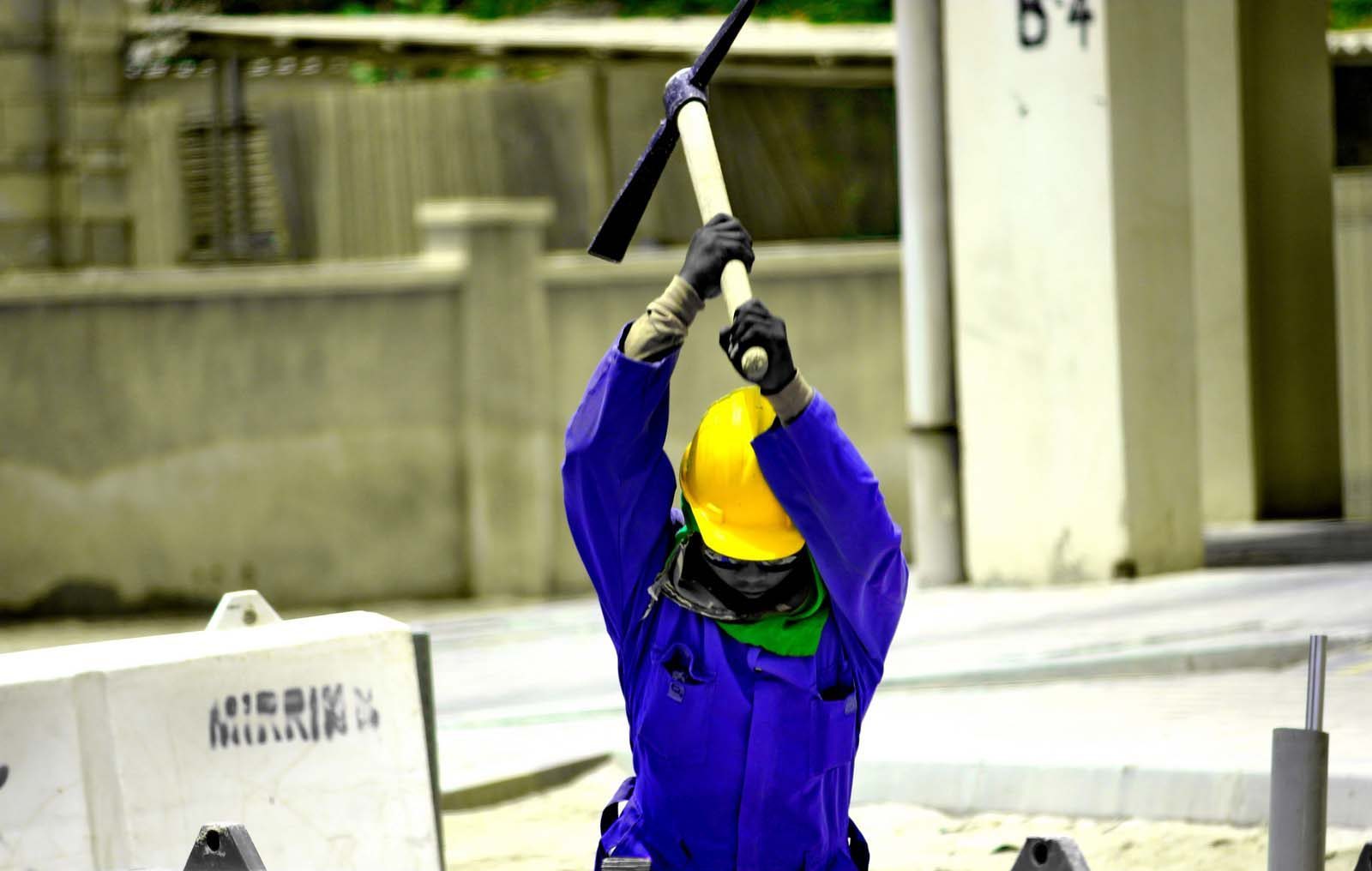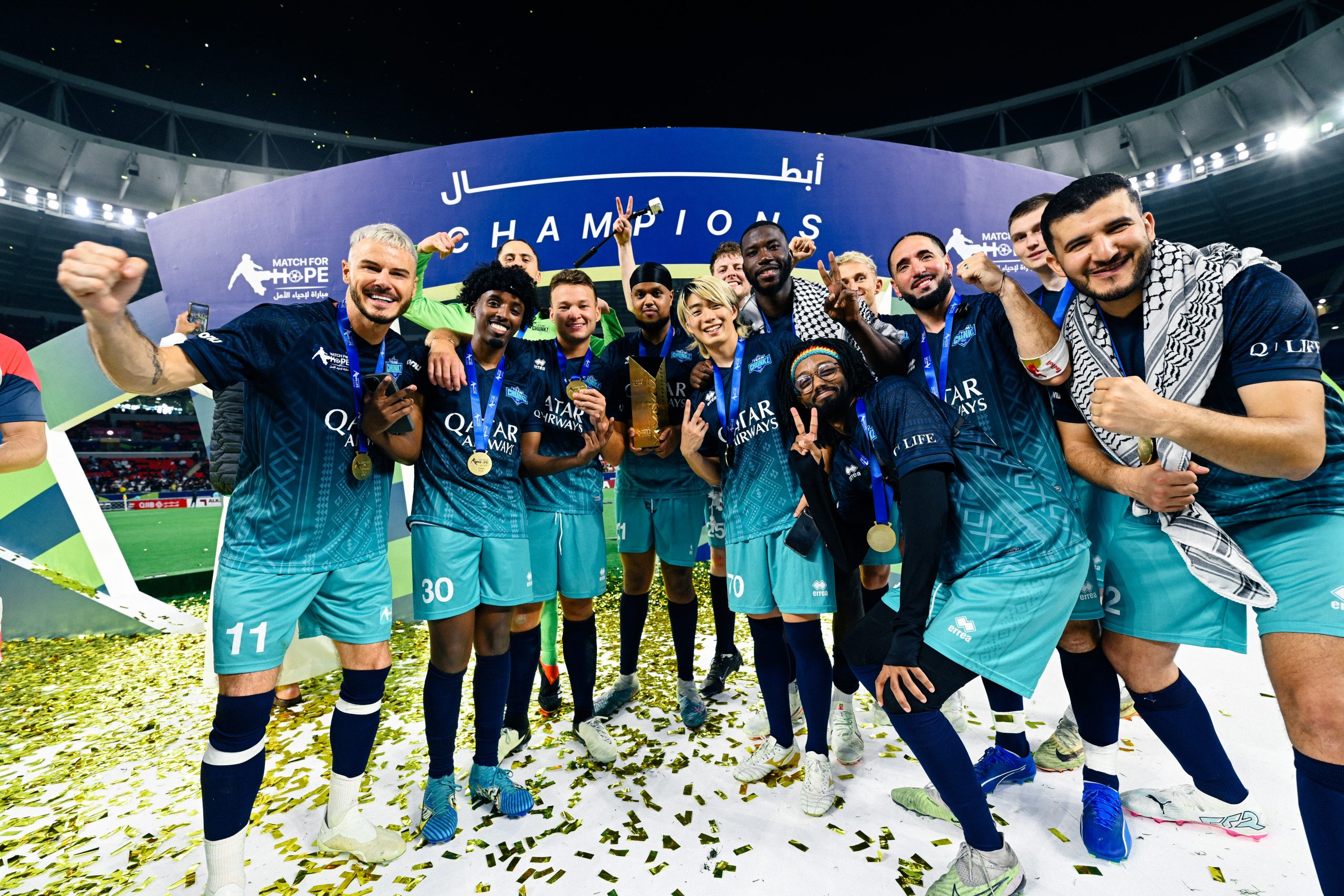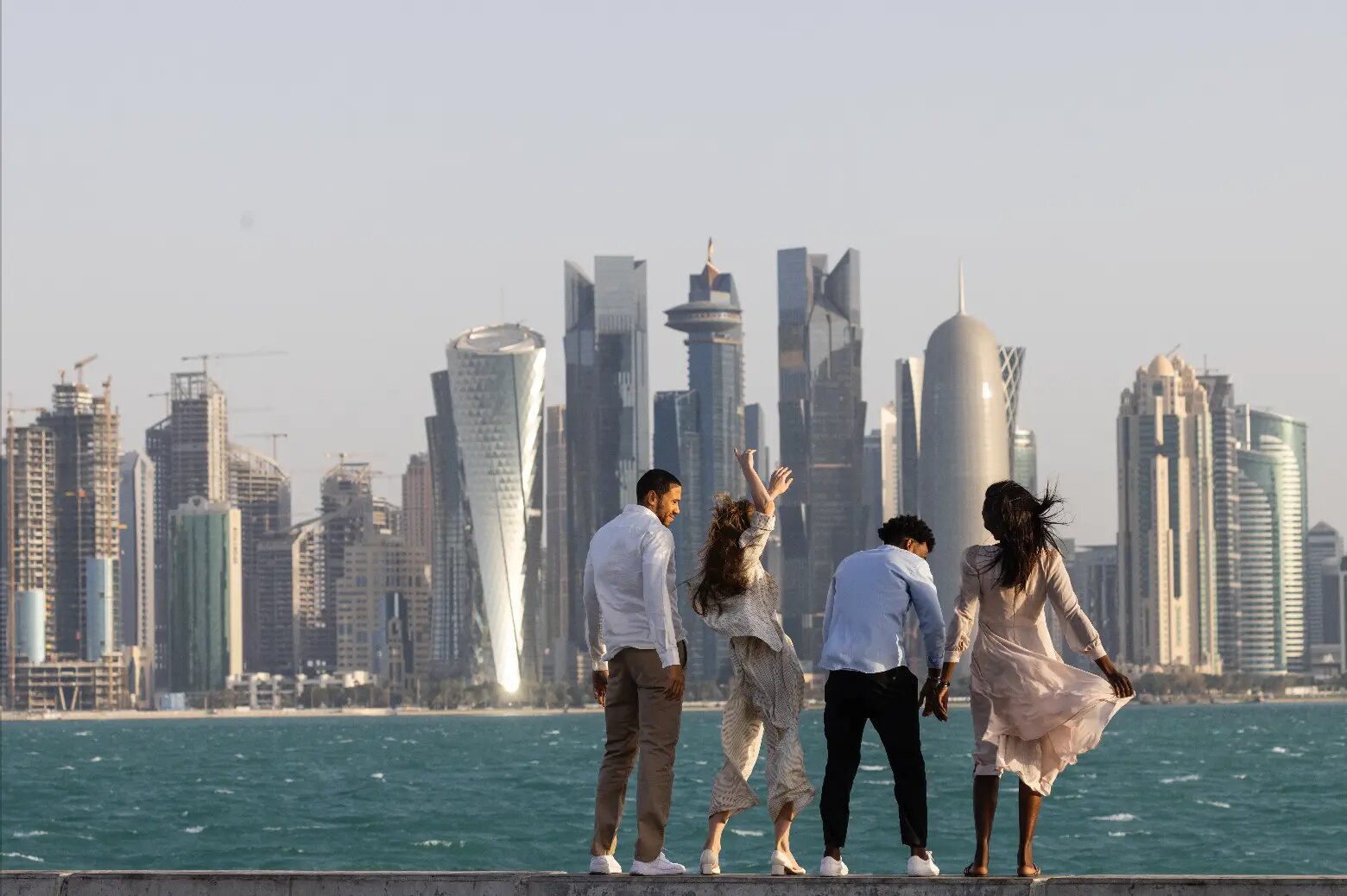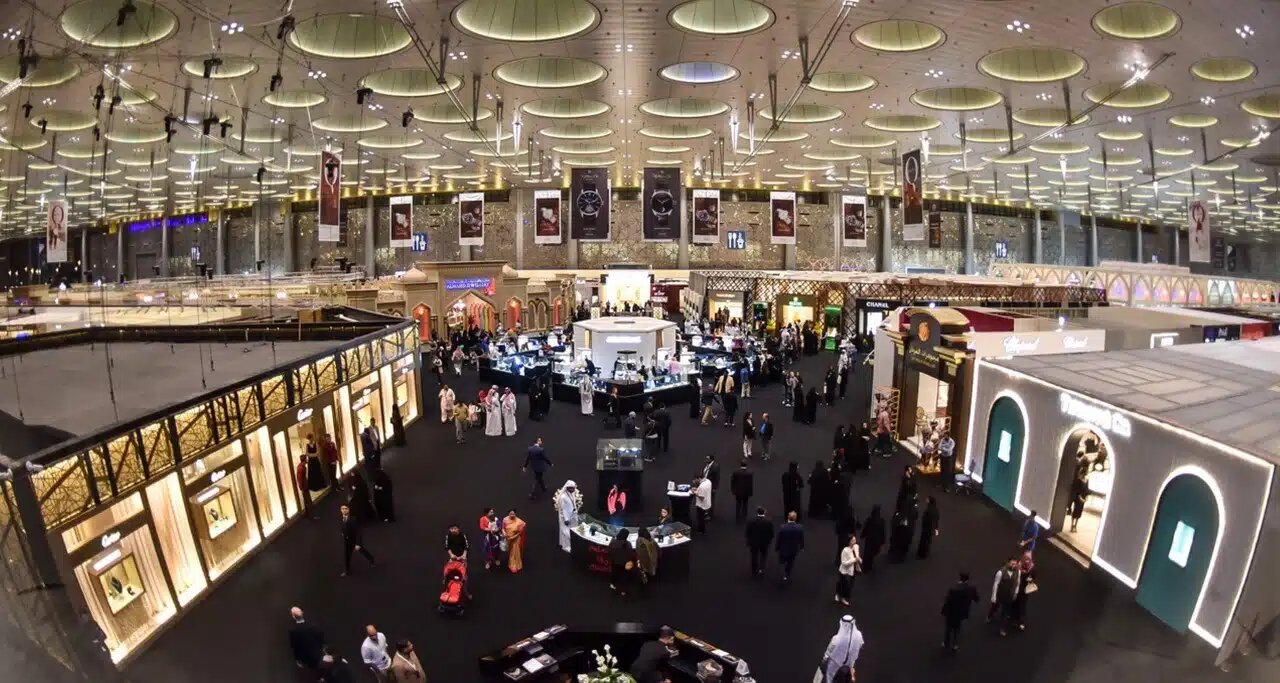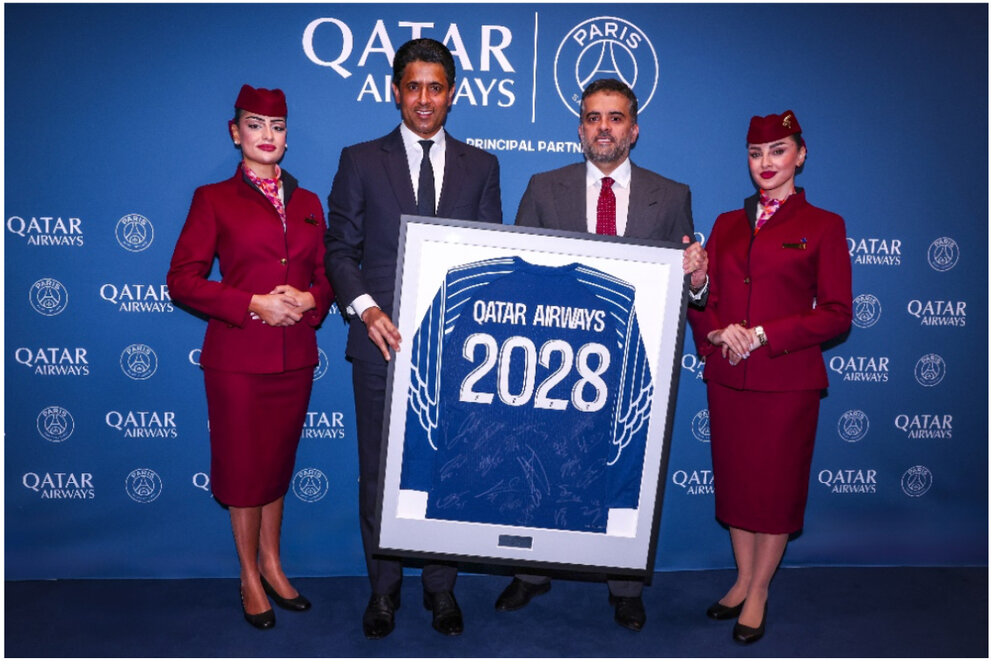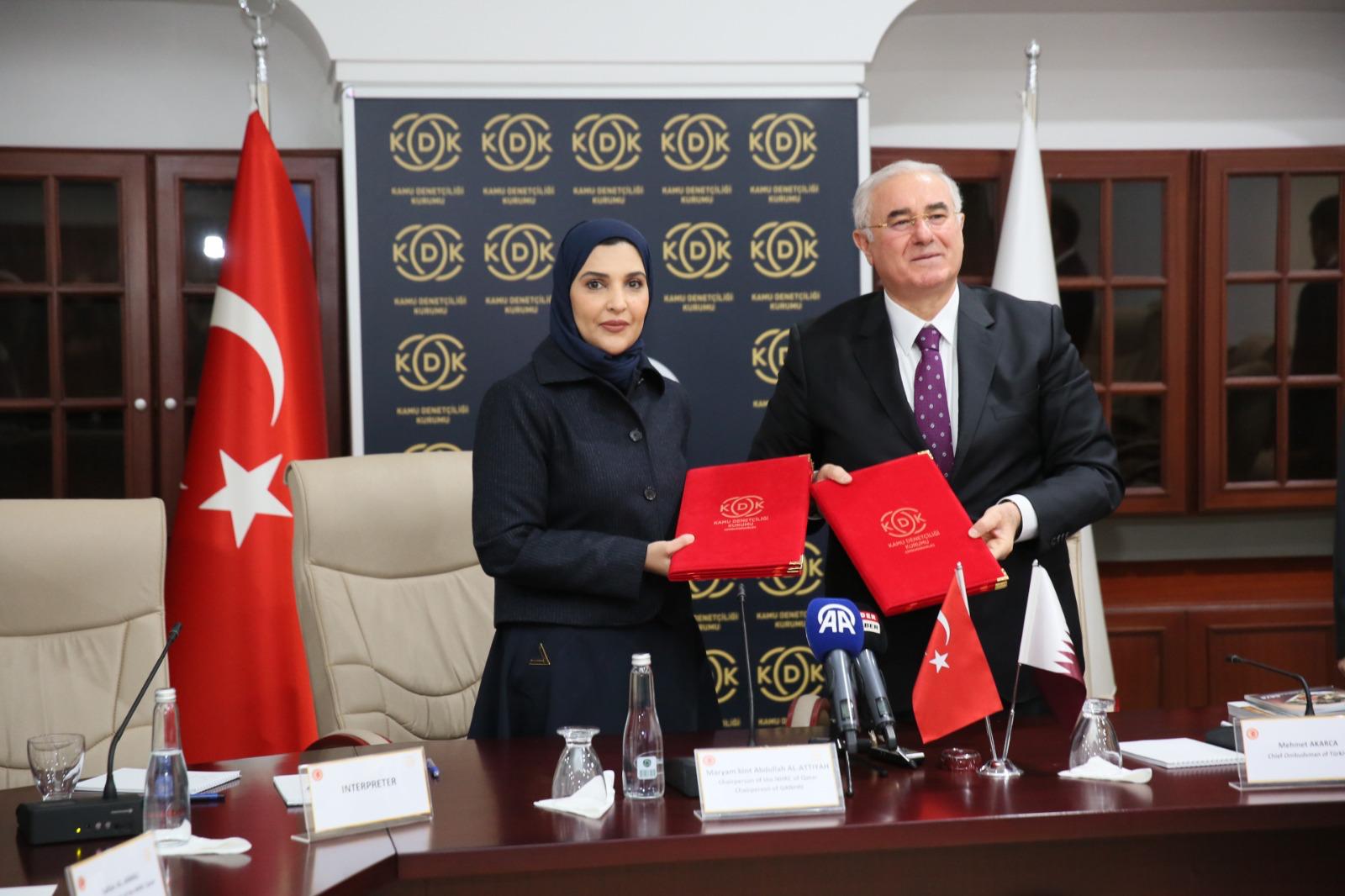
An executive overseeing the construction of the Doha Metro has told hundreds of prospective subcontractors to review the quality of their workers’ accommodations if they expect to win work on the multibillion-riyal project.
The remarks came as Qatar Rail hosted a briefing session yesterday at La Cigale hotel for firms interested in equipping the metro stations and underground tunnels with various electrical and mechanical systems.
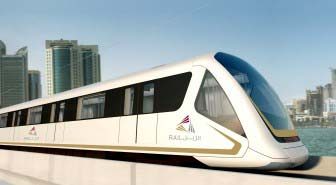
Over the next few months, the company and its lead contractors will prequalify architectural and engineering firms before inviting them to submit formal bids.
The criteria includes a company’s financial stability, stock of heavy equipment fleet and capacity to take on work. Adherence to workplace health and safety regulations as well as Qatar Foundation’s standards for workers’ accommodations are other prequalifying criteria, officials said yesterday.
Hamad Al Bishri, Qatar Rail’s deputy CEO, offered the company representatives in attendance some advice in his brief closing remarks:
“Start looking at your labor accommodations,” he said. “Look at the standards of your workers’ living conditions. We are very serious about that.”
By laying out this criteria for contractors, Qatar Rail has become the third public entity in the country to adopt a code that outlines better living and working conditions for construction workers than are already required by law.
This means that thousands of additional laborers will now fall under rules that have already been adopted by Qatar Foundation and the Supreme Committee for Delivery and Legacy, which is overseeing construction of the country’s new 2022 World Cup football stadiums and training sites.
Subcontractor focus
Al Bishri previously said that Qatar Rail was imposing “rigorous” rules on its contractors regarding the living and working conditions of laborers.
This includes giving each worker their own personal space in their living accommodations as well as providing meals, transportation, laundry and cleaning services. It also involves giving workers safety training in their native language, regulating work hours and paying overtime, he told reporters during a media briefing last December.
However, his remarks to businesses yesterday signal a willingness to tackle the problem of managers abusing laborers in the part of the supply chain where it is most likely to occur.

In its comprehensive report on Qatar’s construction sector released last year, Amnesty International said that most cases of mistreatment involved workers employed by small subcontractors of between 50 and 200 people.
A similar conclusion was reached by François Crépeau, the UN special rapporteur on the human rights of migrants, following a visit to Qatar last year.
Amnesty said subcontractors often blame delayed payments from their clients for creating cash-flow problems that prevent them for paying their workers on time or renewing their residence permits.
It also said that many lead contractors – often global firms that are responsible for delivering large-scale projects – lack policies to prevent workers from abuse at the hands of their subcontractors, such as mandatory clauses in contracts that require minimum living and working standards for laborers.
Even when such requirements do exist, legal enforcement can be problematic. Human rights activists have previously praised Qatar for having some strong laws in place to protect workers, but add that the country comes up short in implementing its own rules.
“Enforcement is almost always the stumbling block,” said Amnesty researcher James Lynch when the Supreme Committee released its standards earlier this year. “We need to know how (they) will effectively address non-compliance by contractors and subcontractors.”
Metro design
Qatar Rail previously said its contractors have finished excavation efforts for six underground stations and are on track to complete their work in time for the system to open in late 2019.
The first phase will consist of 37 stations along four lines.

In September, Dutch firm UNStudio said it had been appointed principal architect for the Doha Metro project and published its designs.
Qatar Rail officials added yesterday that many design features – namely the floors, walls, benches and directional signage – will be standardized across the system.
The architectural and engineering subcontracts are expected to be awarded by the end of next year.
Thoughts?

